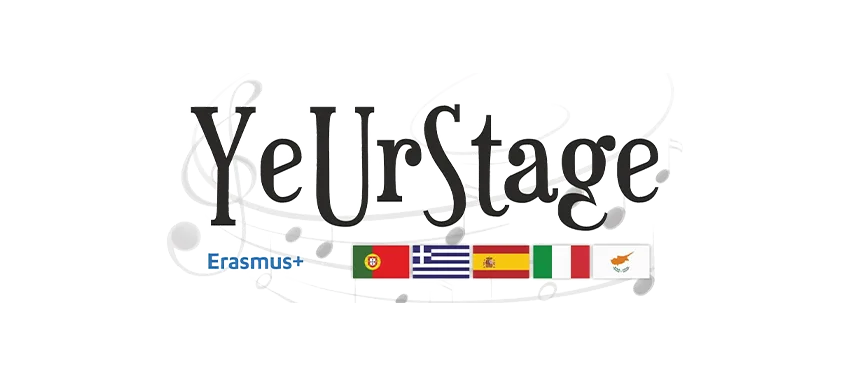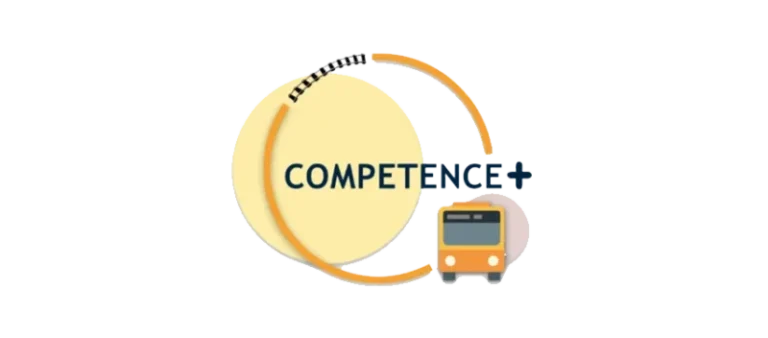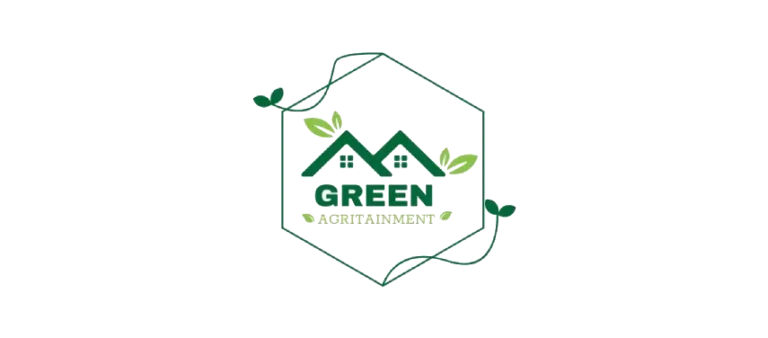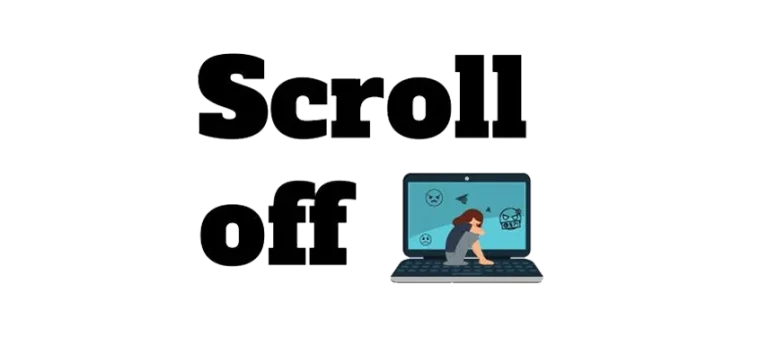
YEURSTAGE
The Stage Is YEUrs: Learning The Language Of The ‘Host’ Country Through Contemporary Theatre Approaches For Adult Educators Towards The Social Inclusion Of Minority Groups In Europe Of Leaving No One Behind.
Europe continue, with immigrants searching for a better future in the economic prosperity and political stability of the EU.
According to Eurostats (2017), the immigrants’ rates in the project’s partner countries were: in Portugal 3,6 per 1000 inhabitants, in Cyprus 24,8 per 1000 inhabitants, in Spain 11,4 per 1000 inhabitants, in Greece 10,4 per 1000 and in Italy 5,7 per 1000 inhabitants. These European countries in proportion to their population received great numbers of refugees, and organised efforts have been made through the years to smoothly integrate them in an environment characterised by tolerance and respect, which contributes to social cohesion.
Building relationships with migrant communities and minority groups through intercultural communication and dialogue, as well as empathetic, tolerant and inclusive interaction, could fight prejudice and negative cultural stereotypes that exist in today’s diversified European societies and enforce efforts towards an inclusive society of ‘leaving no one behind”.
People often talk that learning the language of the ‘host’ country is imperative for migrants to their “new” homes, both for personal and career development as well as for a good standard of life. It is the path to understanding other ways of living, which in turn opens up the space for intercultural tolerance. Learning the language facilitates working and studying in the ‘host’ country and allows true intercultural communication. In other words, multilingualism contributes a great deal to the key European values of democracy, equality, transparency, and competitiveness
Unfortunately, with the several millions of people seeking refuge in Europe, one of the most serious challenges faced by civil society is to offer refugees the possibility to learn the language of the ‘host’ country, practice, improve their language skills and feel the confidence to use it for communication purposes, therefore minimizing the communication gap and make their inclusion in the European society easier.
Therefore, in the EU context, educational systems are increasingly challenged to realign goals to prepare linguistically diverse populations. Across these dynamic educational contexts, the why, the what, and the how of language education has been approached in different ways recently, exploring variations in teaching approaches and methodologies.
Contemporary theatre approaches could prove to be effective means for adult educators to teach a Second Language (SL) to people of minority groups, in a fun, motivating and stimulating way and help them overcome their insecurities of using the language of the ‘host’ country to communicate.
The use of theatre in the teaching of foreign languages is not a new approach—it can be traced back to the 19th century (Schewe, 2007), but in modern times, contemporary, alternative and creative approaches have been generated in European and international level that gives theatre and its contribution to language learning a new dimension, with creative approaches, lending meaning to language structures by letting learners experience the language in concrete situations (Giebert, 2014).
In this context, an international synergy between 6 European organizations, each one having specific expertise in theatre approaches, language teaching/learning, migrants and refugees, will be developed with the same need: the exchange of best practices on teaching SL through contemporary theatre approaches for the social inclusion of minority groups in Europe of leaving no one behind.
The organisations will work together, learn from each other, share best practices, having as target groups adult educators, SL educators, trainers/mentors/professionals involved with immigrants and refugees, we propose a project having the following objectives:
1. To increase the professional development of the target groups through European collaboration, non-formal and intercultural learning involving contemporary theatre approaches for teaching SL by means of 6 Short-term joint staff training events for the exchange of good practices.
2. To strengthen the networking among partners and bring together the best contemporary theatre practices to facilitate teaching SL towards the social inclusion of minority groups in European societies
| Organization Name | Country |
|---|---|
| Associação Cultural e de solidariedade Social Raquel Lombardi | Portugal |
| ECHO PLAYBACK THEATRE KOINSEP | Greece |
| INICIATIVAS DE FUTURO PARA UNA EUROPA SOCIAL COOP V | Spain |
| EURO-NET | Italy |
| STANDO LTD | Cyprus |
Disclaimer: This project has been funded with support from the European Commission. This publication reflects the views only of the author, and the Commission cannot be held responsible for any use which may be made of the information contained here.






